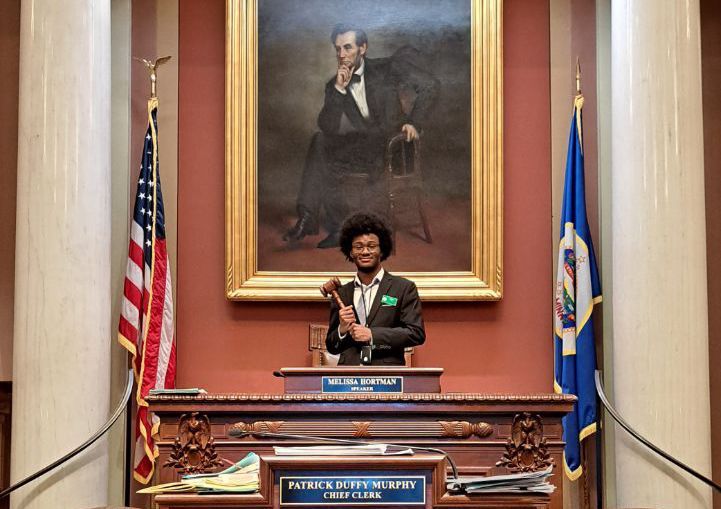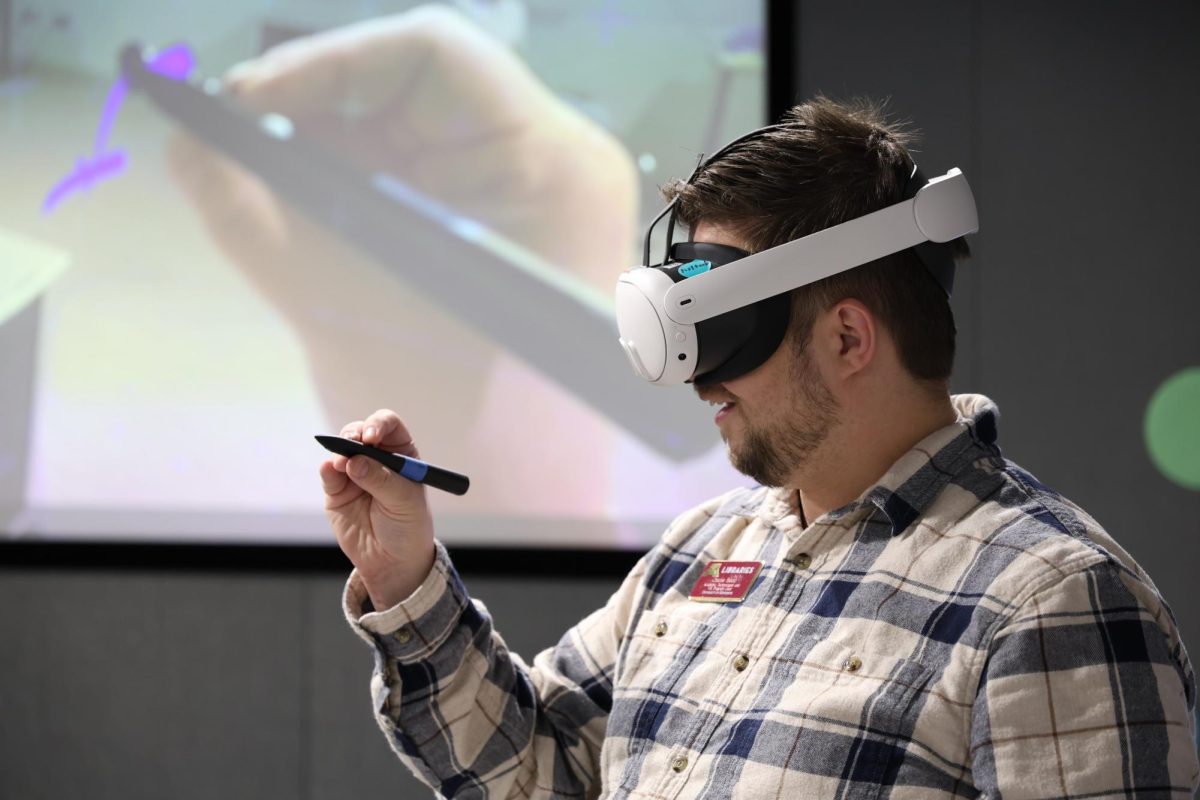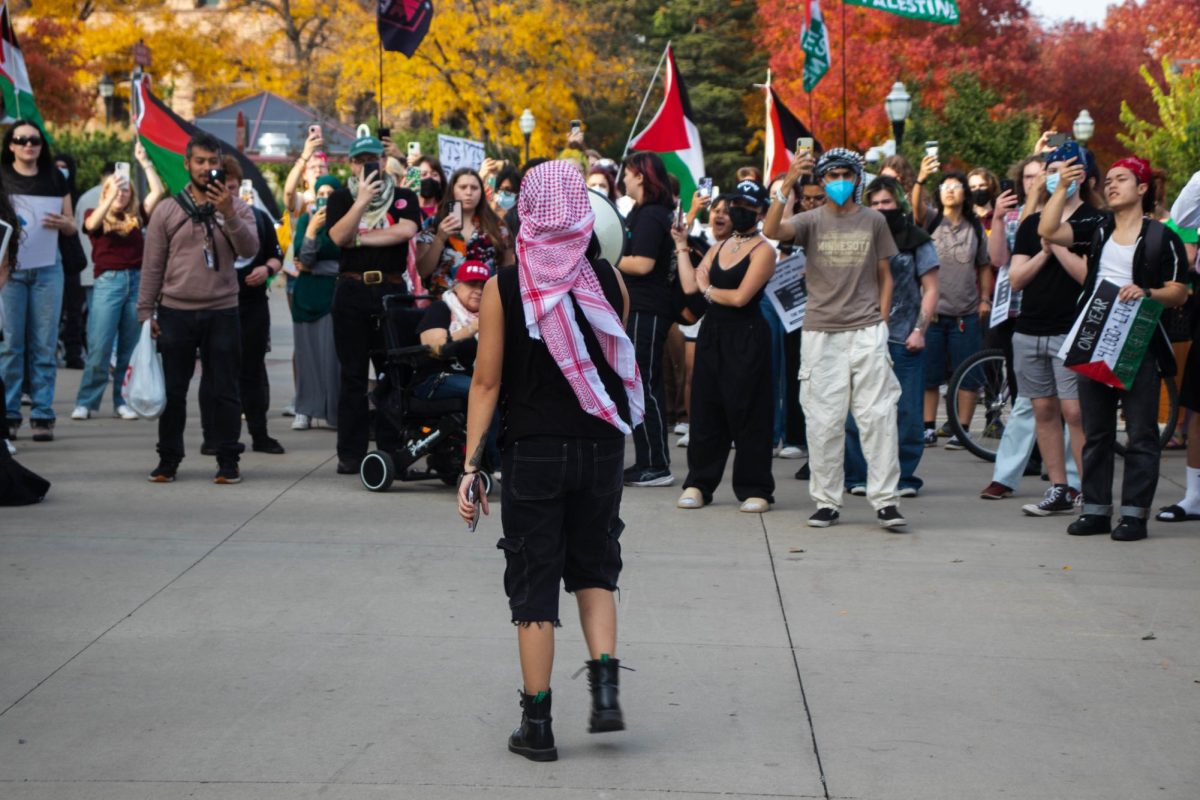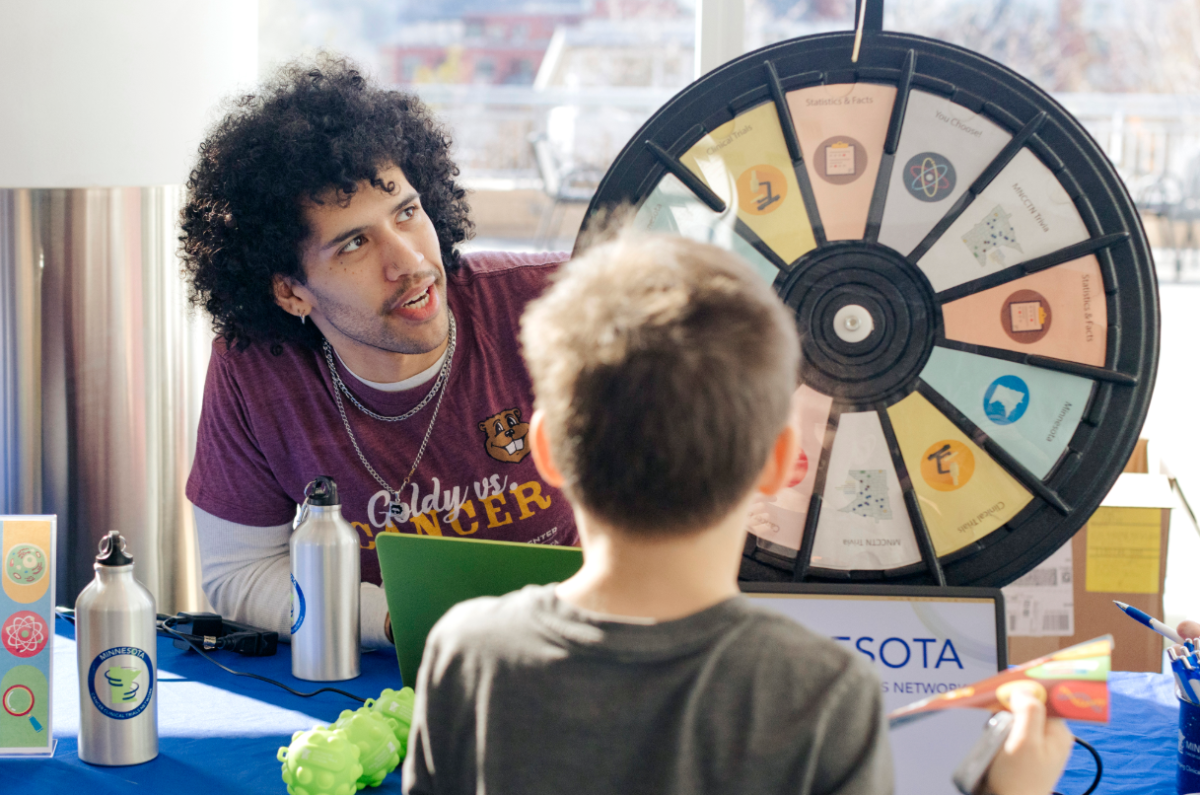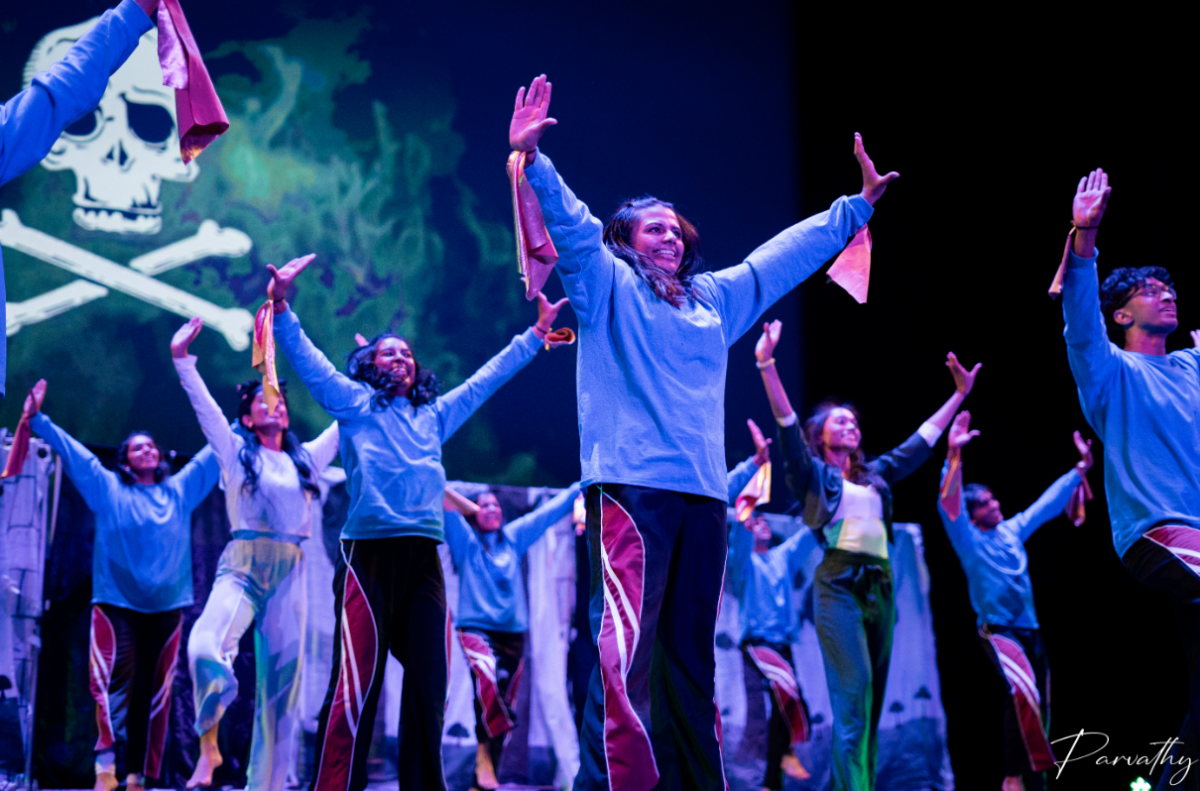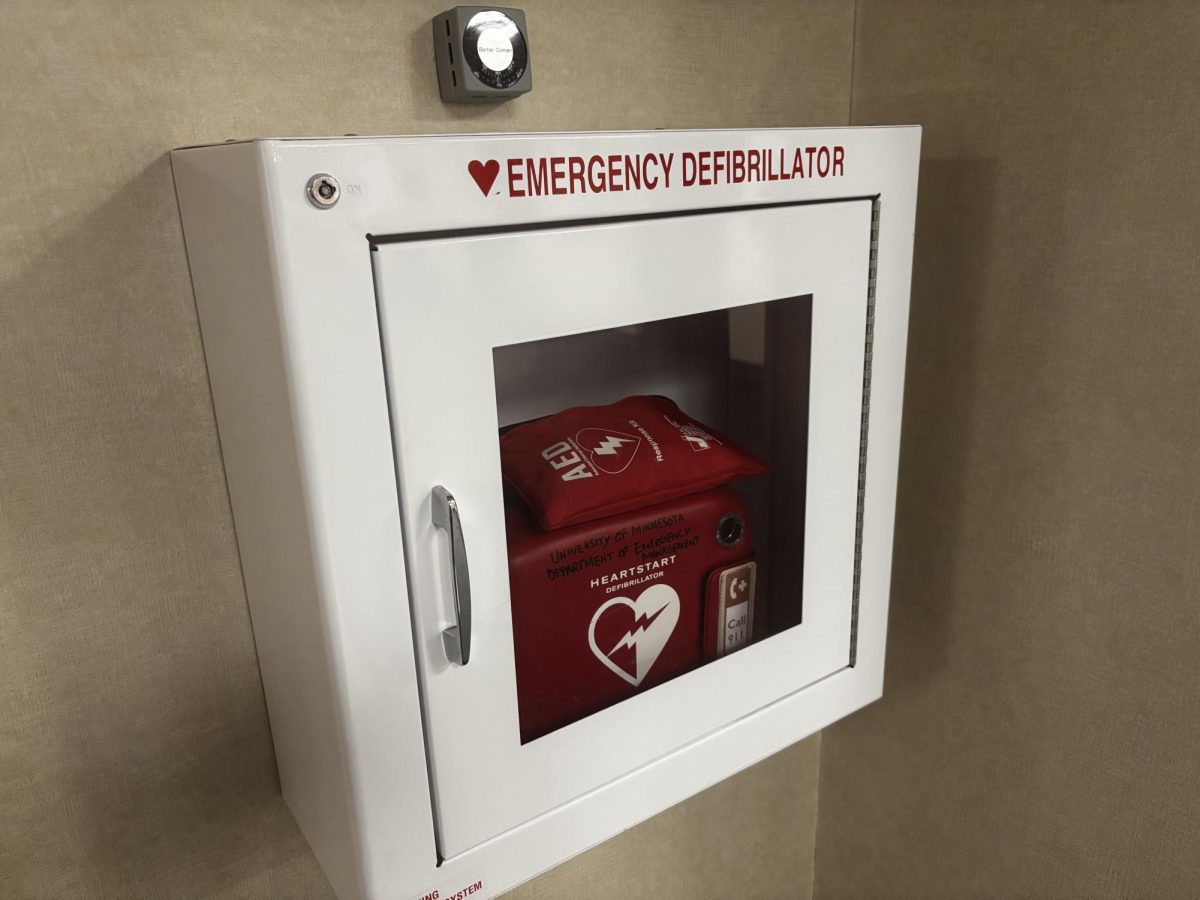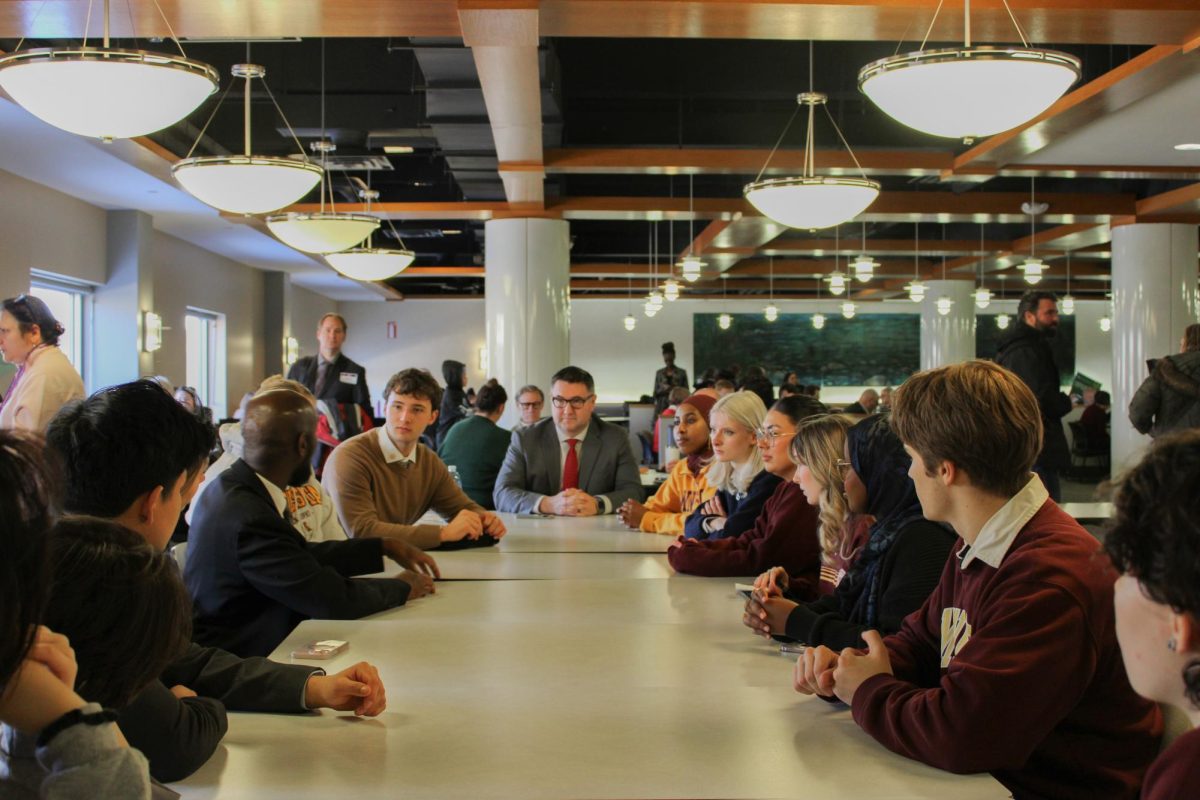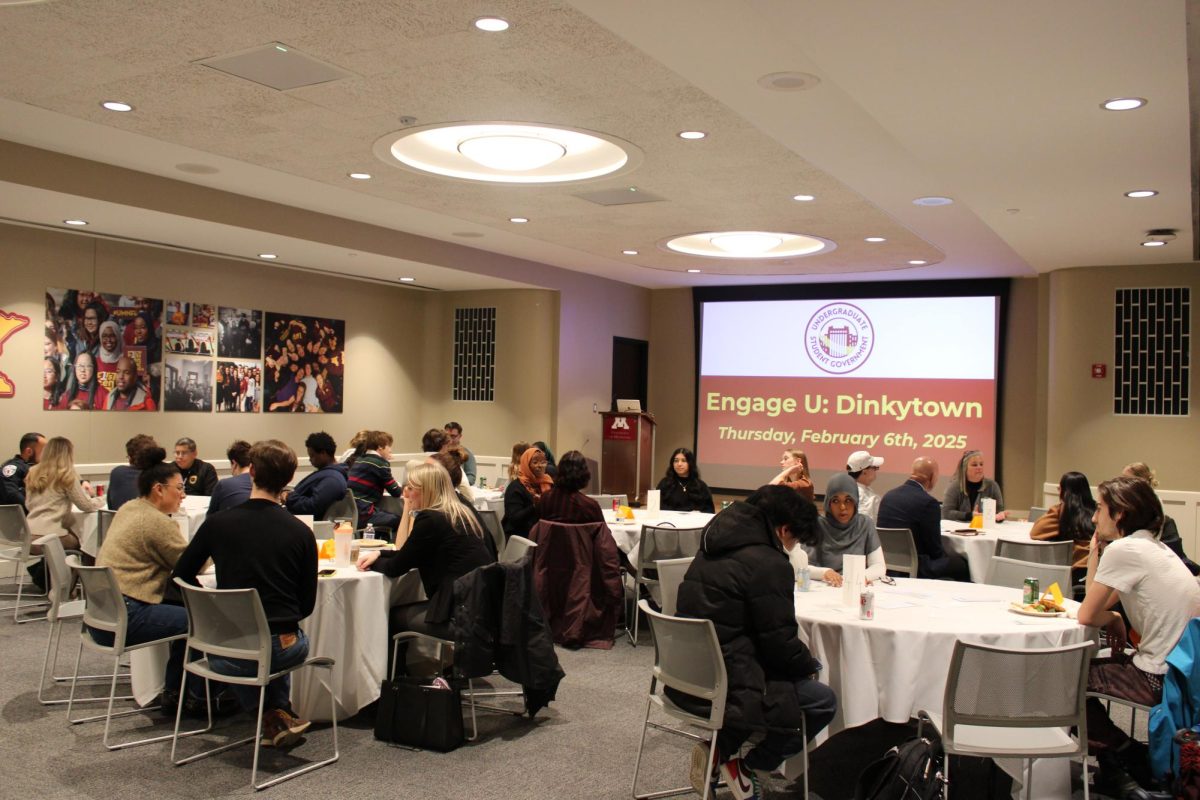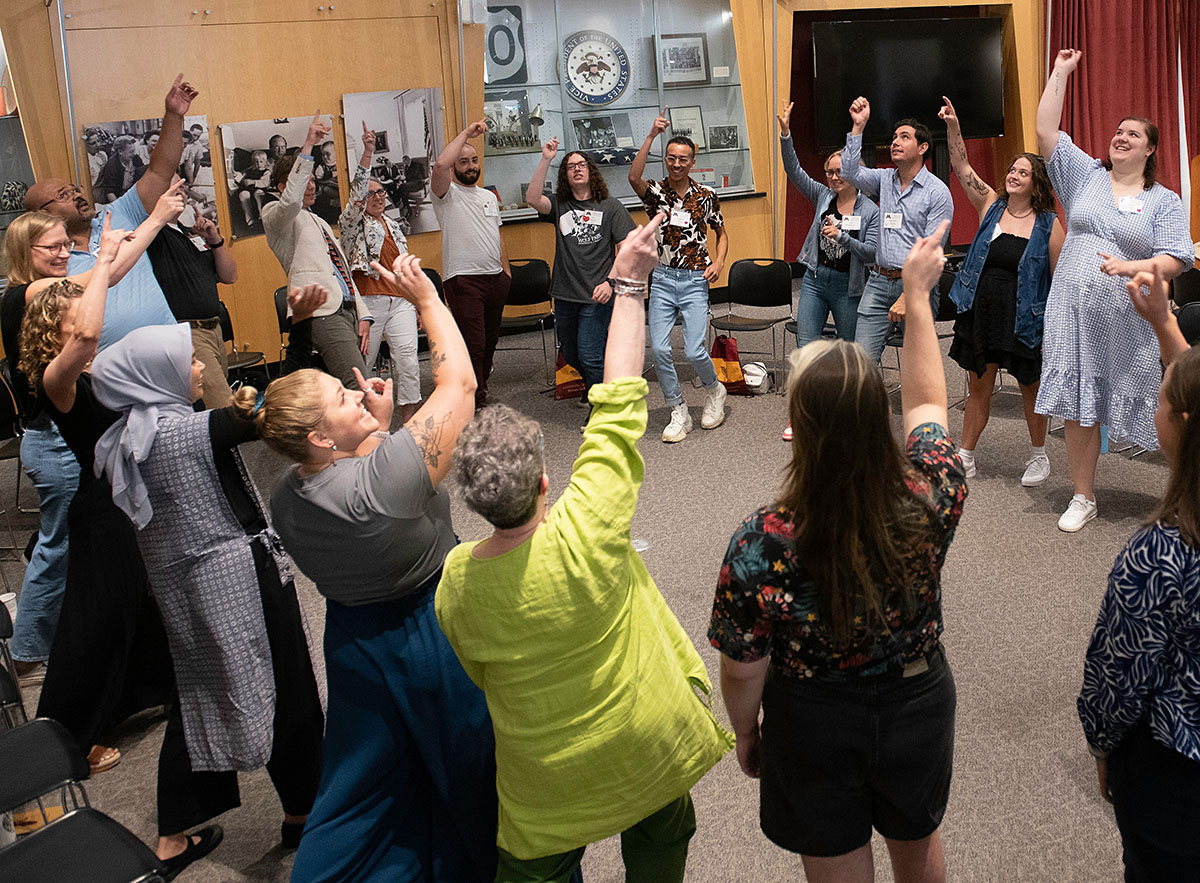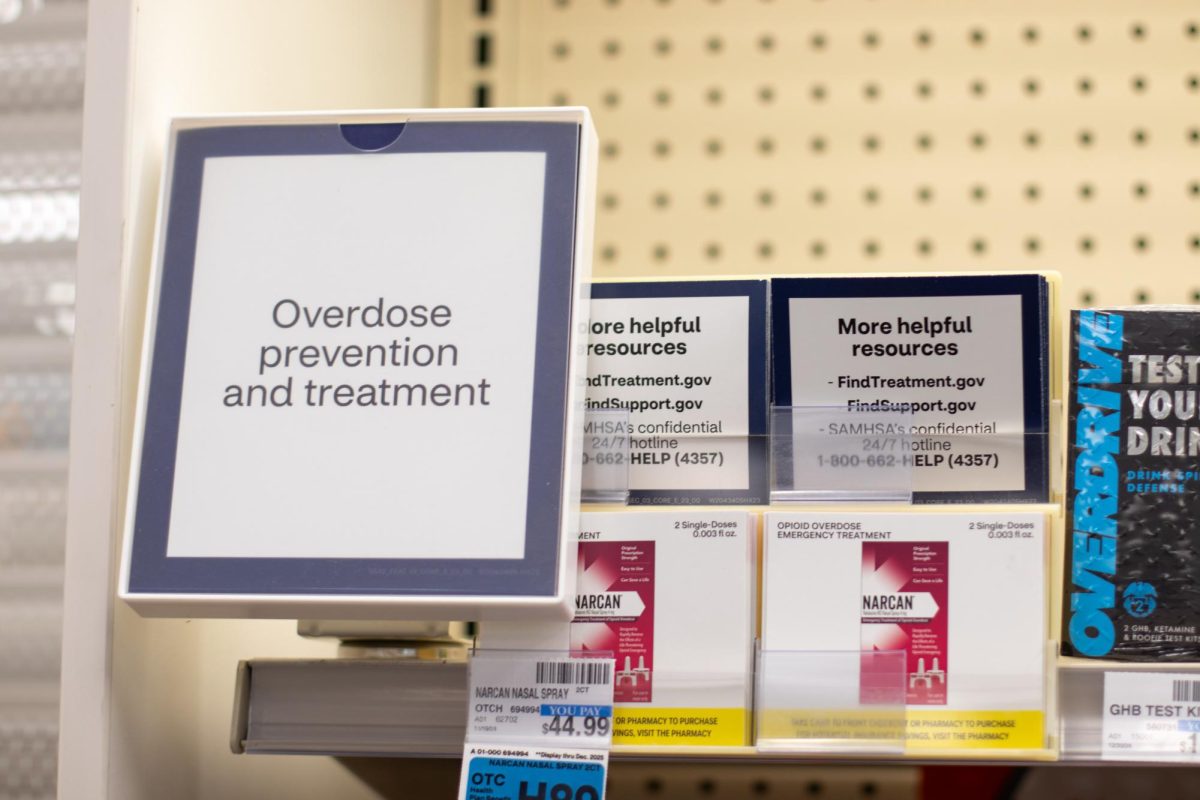With less than 30 days until the election, politics has become a popular topic of conversation among students. For students in the Bipartisan Issues Group at the University of Minnesota, however, politics is always a popular topic.
The Minnesota Bipartisan Issues Group (BIG) welcomes students of any political ideology, and meetings consist of discussions about issues and policies in government, giving students a chance to have informal debates with each other.
BIG President Cori Stockard said he knew he wanted to go into politics from an early age.
“Learning how to sort of stay organized and get tasks done in a sort of quarterly and efficient manner is very important,” Stockard said. “I like to think about the sort of analogy of juggling. You’re trying not to draw all of these moving pieces. And so those are the two skills that I think are just most useful going forward.”
BIG Vice President Conner Pernice said by being involved with the group and the University’s Model United Nations, he hopes to be ready for an internship or job focused on politics.
Pernice said joining BIG helped him feel he made a difference as a college student. Through group dialogue about political issues, BIG is how Pernice politically contributes to his community.
“I think that as citizens our greatest contribution to this democracy, to this country, is to be able to make reasonable, logical decisions and what we support and who we support for political office,” Pernice said.
As a student interested in politics, Stockard said the most important thing he can do to get other students involved and interested in politics is to get them to vote.
“The core thing about a democracy is that people vote,” Stockard said.
College-age students, despite being legally allowed to vote, are one of the least consistent voting demographics, according to Stockard, which leads to a lot of frustration.
BIG offers students a chance to engage in discourse with people with different political ideations, Stockard added.
“You need a public debate and conversation about issues,” Stockard said. “That is simply a crucial thing for democracy to function. So I think the bipartisan issues group is important because we try to foster a sense of effective and sort of responsible communication between our members, even when we disagree deeply about any sort of manner of issues.”
Pernice had similar ideas about BIG. A senior at the University, he said he has started thinking about what his legacy at the University and BIG will be.
Pernice said he hopes to leave the group in the same way he found it as a freshman — a place where people can have educational and fun experiences.
“I hope my time in BIG does make a difference to the people who I’ve met through that organization,” Pernice said. “I know several individuals who were not really interested in politics whatsoever that ended up four years later being fairly well-educated and well-versed in their own right.”
Pernice said he thinks BIG is helpful for students because it allows them to talk to others interested in politics. Students do not need much experience with government or politics, but they can learn.
“I think that it serves as a solid place for genuine and reasonable dialog that people can go into completely having never heard of anything about the issue, and walk out with a reasonable opinion of their own choosing,” Pernice said.


